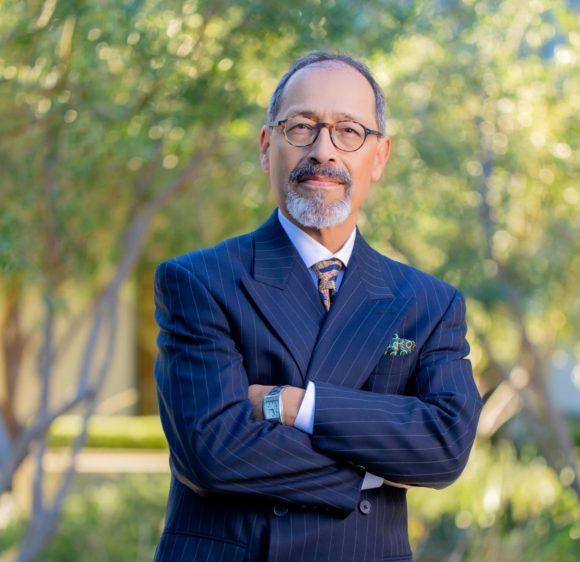Aug 15, 2014
Identity Theft: Protecting Yourself While you Travel
These days, every time we fly these days we are asked for some form of identification. Each time we show a form of identification, we risk becoming victims of identity theft.
What is identity theft?
Identity theft happens when a person wrongly assumes another person’s identity for financial or other purposes. The identity thief obtains vital data about his or her victim — social security number, credit card account numbers, date and place of birth, etc. Once the thief acquires enough information, he or she is able to obtain credit cards, bank accounts, a driver’s license and other financial and legal documents in the victim’s name. Identity thieves buy houses and cars fraudulently. They get married using their victims’ names. They even are arrested under their victims’ names. The Federal Trade Commission maintains a web site with information about identity theft.
Identity theft is the fastest-growing type of theft in the U.S., and the fastest-growing consumer crime in the United States, with stolen credit cards leading the list of complaints the federal government gets from consumers.
In the year since it opened an identity theft web site last February, the Federal Trade Commission says reports of identity theft have quintupled. More than half the complaints involve stolen credit cards.
Counselors at the commission’s fraud hot line (1-877-ID-THEFT) say they are handling 2,000 complaints a week compared to 400 a year ago. The hot line opened in November 1999.
The Treasury Department estimates the credit-card industry last year lost more than $2 billion from fraudulent charges, more than triple the $668 million lost in 1998. Banks and credit card companies pass those costs to legitimate users in the form of higher interest rates. (Source: Scripps Howard News Service)
Places at the airport where your ID may be requested:
- Baggage Checkpoints
- Curbside – Uniformed Sky Caps
- Security Checkpoints – Uniformed TSA personnel
- Ticket Counter – Uniformed Airline Personnel (Some smaller airports might have baggage handlers in jumpsuits checking people in.)
The rule of thumb for avoiding identify theft at airports is to check out the photo ID’s of those requesting your ID. Don’t show your ID to someone who you suspect might not be a legitimate airport or airline employee.
Tips For Avoiding Identity Theft While Traveling
Here are some other tips to keep your identity safe and confidential.
- Roving Eyes – Be aware of who might be looking over your shoulder, especially if you are height-challenged like me. Some airlines emblazon your name across the top of your boarding pass. Keep your boarding pass facing towards you, or facing down where roving eyes can’t sneak a peek.
- Avoid the Full-Monty Syndrome – If you use one of those necklace ID that you wear over the neck, keep the flap facing towards your body. Yes, it’s handy to flash airline personnel easily, but we need to keep our identity from would-be identity thieves. I once saw a woman walking through the Denver airport wearing one of these holders with her ID fully exposed to the world.
- Counter the Urge – Don’t leave your ID facing up on any counter. Put it away immediately. Crooks can get your license number, birth date, even your address if you make it easy for them to see it. Some airport crooks are so good they can pick up your telephone calling card PIN from as far as 50 feet away!
- Go to that Special Place – I used to temporarily misplace my license all the time because I used to stuff it into my pants pocket one time, my shirt pocket the next, and somewhere else the next time. I used to go into a panic the next time I needed to present my license for ID. Now I put it right back into its dedicated slot in my wallet, and Viola! It is always there when I need it the next time. Ladies, you might want to dedicate a special place in your purse for your ID that is quickly accessible. This way you do not have to pull out a separate pocketbook. After removal, make sure to secure your purse immediately. Leaving your purse open might be a great temptation for pickpockets and can get your vacation or business trip off to a horrible start.
Going to your special place with your ID can be especially useful if you are accompanying children, and older adults, or a person who might need special assistance. I sometimes need to find my special place occasionally, when I am traveling with children. Unaccompanied children and elderly people might need to be accompanied or have special needs: If you are going to assist an unaccompanied child or an older adult or a person with special need through the security checkpoints you will need to get a gate pass/authorization at the airport ticket counter of your airline. Frequent Flyer Clubs and Lounges may be “off limits” to non-ticketed passengers when they are located beyond the passenger security checkpoints. Passengers without tickets should contact the specific airline to gain access. Access to security checkpoints is dictated by the airlines.
In conclusion, make sure that you only show your ID to bonafide uniformed personnel. No one should be asking you for your ID in the waiting area or anywhere else. If someone asks for your ID outside of the typically designated checkpoints and you suspect a scam. Ask them to show you their picture ID and to give you the reason for their inquiry. If they are unable to furnish one or both, get detailed information and report them to airport security immediately!
Carlos Conejo is a successful consultant and speaker who spends much time on the road. Known as the “Bilingual Dynamo,” Carlos Conejo, expert on the rapidly growing multicultural marketplace, multicultural marketplace, lean manufacturing and workforce development delivers powerful and entertaining presentations in either English or Spanish. For more information on Carolos Conejo, visithttps://www.bigspeak.com/speakers/carlos-conejo, call 805-965-1400 or e-mail info@BigSpeak.com.
Speaker

 Carlos Conejo
Carlos Conejo